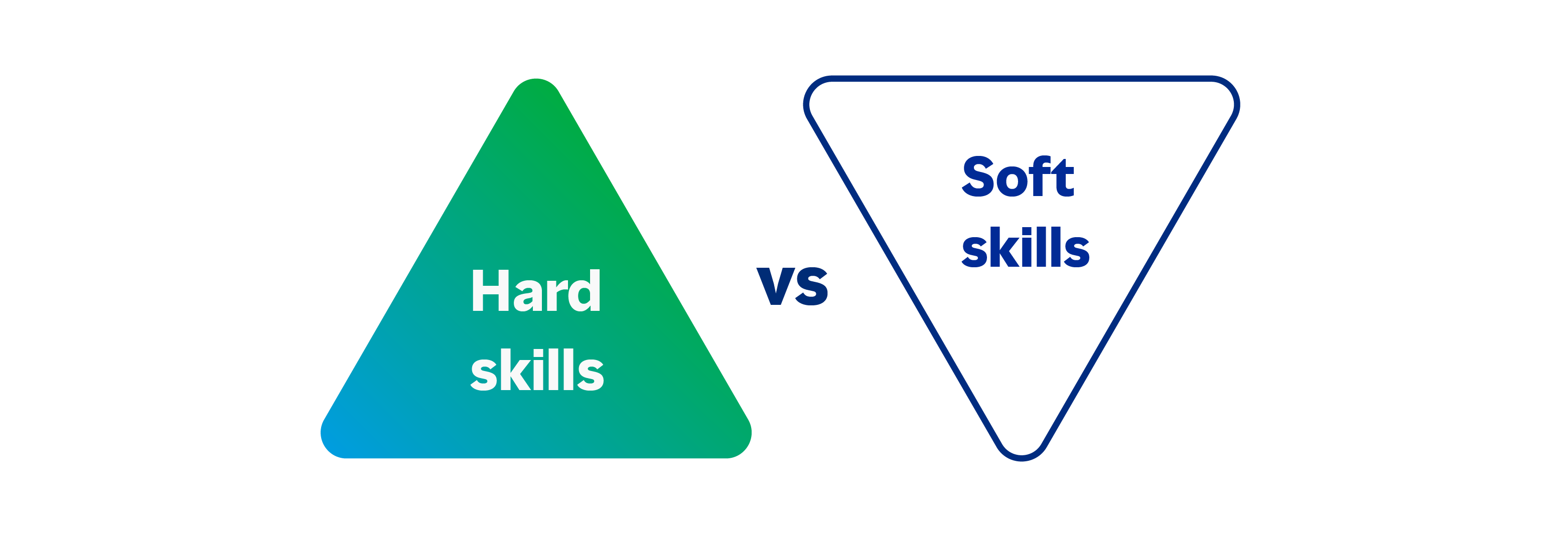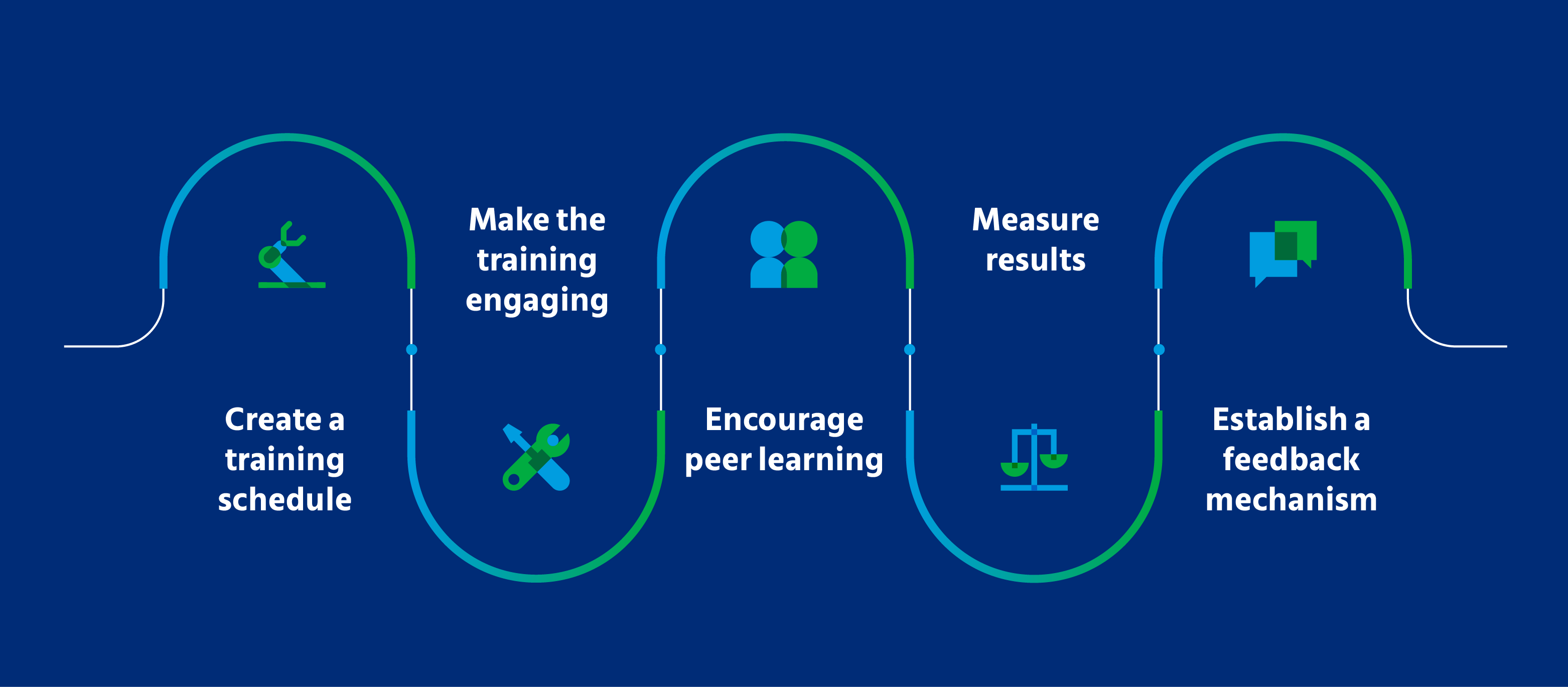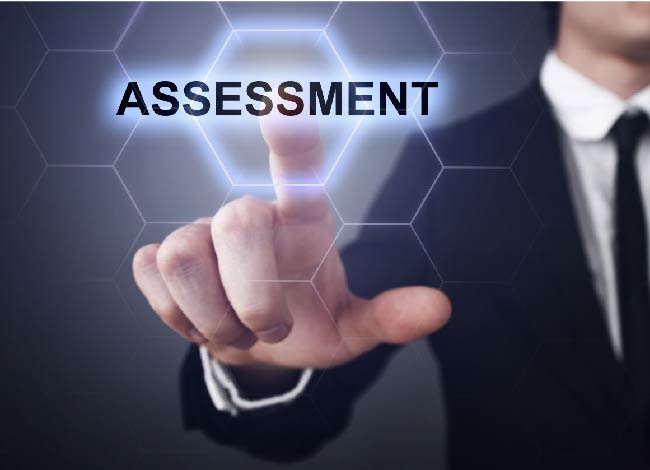In the digital age, the development of soft skills is pivotal in driving success. Some of the crucial benefits of soft skills training include:

Improved teamwork and rapport:
Soft skills training for employees enables active listening and understanding, helping employees communicate effectively. Team members convey ideas clearly, understand each other’s personalities and work together to achieve common goals.
Strong and empathetic leadership:
Soft skills like emotional intelligence and empathy empower leaders to connect with their employees. Leaders with emotional intelligence and excellent interpersonal skills are more likely to get the best out of their employees by understanding their needs and building strong bonds.
Better staff retention:
Investing in employee soft skills training demonstrates that the company cares about the development of its employees. Developing critical soft skills creates a pleasant working environment. This can significantly increase employee retention and reduce turnover rates and recruitment costs.
Better customer service and client satisfaction:
Soft skills training teaches employees to communicate effectively and tackle problems confidently. Soft skills training for employees in the workplace develops listening and empathy skills, which are vital when dealing with customers or clients, especially if faced with a potentially complex problem.
Enhanced problem-solving:
Employees can benefit from enhanced problem-solving skills with the help of soft skills training. It can aid them in approaching problems in new ways, communicating challenges more effectively, and implementing alternative solutions.
Innovative problem solving:
Soft skill training such as problem-solving and creativity improves performance. Team members can generate new ideas, brainstorm solutions, and look for products and services that add value to customers. This helps the organization stay ahead of the competition while meeting customers’ expectations.









 Behavioral Competencies
Behavioral Competencies Cognitive Competencies
Cognitive Competencies Coding Competencies
Coding Competencies Domain Competencies
Domain Competencies
































Would you like to comment?